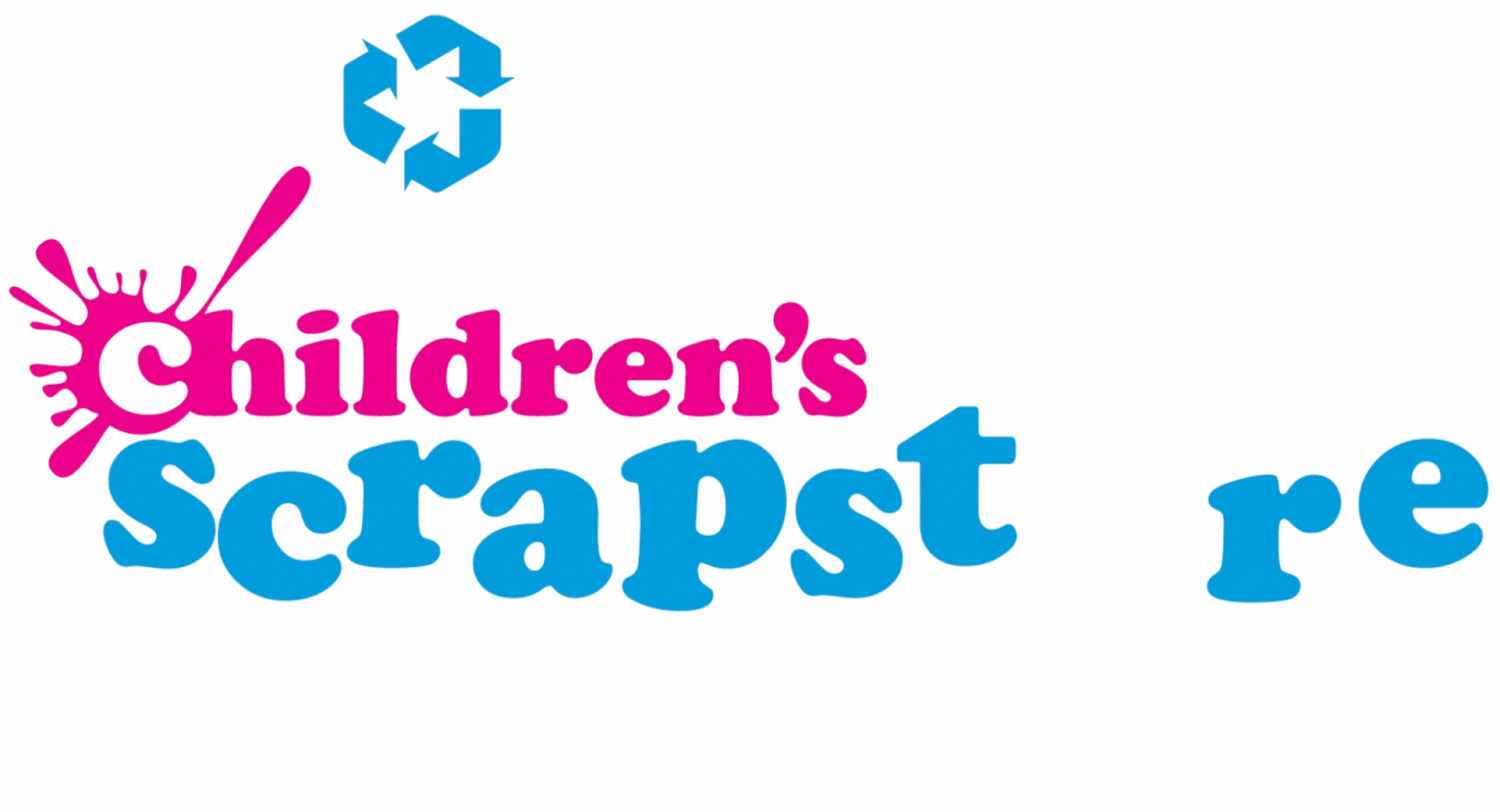Regular visitors to Scrapstore House may have noticed that we have some new recycling points in our lobby. In addition to our soft toy drop off point (which has been going strong for some years) we now have a box for used batteries, and bins for dental hygiene products and crisp packets. The latter two are collected by a company called Terracycle, a company founded in the US in 2001 that has become a global leader in recycling hard-to-recycle waste. Programme participants earn points as they recycle which translate into financial donations, so by bringing your crisp packets and toothbrushes to us you are not just reducing non-recyclable waste, you are helping to support Children’s Scrapstore.
The recycling area at Scrapstore House, from left to right: batteries, crisp packets, oral hygiene waste, and soft toys.
Hard-to-recycle waste is often described as ‘non-recyclable’, either because it is challenging to recycle or else because it is not recycled through local authority collections or at Household Waste and Recycling Centres. Some of these items go through a series of complex processes, such as lithium batteries. Firstly the insides are exposed using a shredder, then the contents are submerged in caustic water. This neutralizes the electrolytes, allowing ferrous and non-ferrous metals to be recovered. The remaining solution is then filtered to recover carbon and lithium carbonate.[1]
Crisp packets are less challenging to recycle. Once collected they are cleaned and shredded before being turned into small plastic pellets. This raw material can then be used to make new plastic products, such as benches and fence posts.[2] Terracycle’s Crisp Packet Recycling Scheme, sponsored by Walkers Crisps, offers an important example of how consumerist pressure can influence business practices. While this packaging has always been recyclable in theory, it took a high-profile protest campaign (in which empty packets were posted to Walkers by disgruntled customers) before the necessary investment became available.[3]
The Terracycle Crisp Packet Recycling Scheme emerged in response to packets being posted in large numbers to Walkers.
Toothbrushes and toothpaste tubes are further products that present recycling challenges. As the waste management magazine Resource highlights, the UK throws away over 200 million plastic brushes annually, and non-plastic alternatives are neither readily available nor cheap.[4] The Terracycle Oral Care Recycling Programme (sponsored by Colgate) helps to address this problem. The different plastics in the waste are separated, shredded and, like the crisp packets, turned into plastics pellets to make new products.
We are really excited to be involved in these various schemes, promoting innovative recycling and empowering locals and members to avoid waste. We are also pleased that we can help emphasise that the term ‘non-recyclable waste’ is often a misnomer, and that most products can be recycled if the social, political, and business will is there. But remember – reuse your waste if you can before bringing them to us for recycling. As the above example highlight, recycling processes can be complex and laborious, and can have a significant carbon footprint. So hold on to your toothbrushes for cleaning the kitchen, and turn crisp packets inside-out for use as bird scarers in the garden, and share any other interesting reuse ideas you have with us!
[1] https://www.batterysolutions.com/recycling-information/how-are-batteries-recycled/
[2] https://ciwm-journal.co.uk/walkers-to-create-uks-first-nationwide-recycling-scheme-for-crisp-packets/?gclid=EAIaIQobChMI26ff3OWD4QIVrrvtCh0Osw3PEAAYASAAEgJHmvD_BwE
[3] https://www.theguardian.com/environment/2018/dec/10/walkers-recycle-crisp-packets-postal-protest
[4] https://resource.co/article/colgate-launches-uk-recycling-service-toothpaste-tubes-and-toothbrushes-12932


